NEWS
21 Brands That Have Stirred Up The ‘Woke’ Debate
Published
9 months agoon

Shutterstock
In recent years, the term ‘woke’ has slowly gained traction, referring to companies and brands that are seen as intensely focusing on social issues and political correctness. This has sparked significant discussions and disputes across various sectors. From international conglomerates to local enterprises, many businesses have faced criticism for adopting progressive positions on a range of social issues. Such stances often affect how consumers perceive these brands, potentially altering their customer demographics and loyalty.
Let’s take a look at 21 companies accused of going ‘woke.’
Gillette
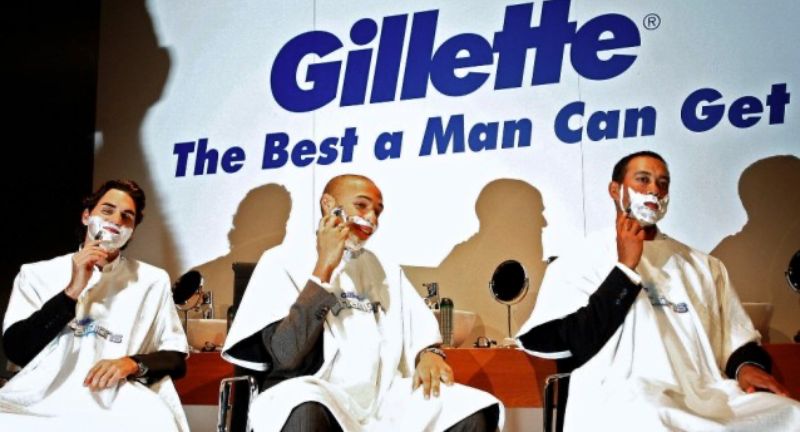
Getty
In 2019, Gillette launched ‘The Best Men Can Be’ campaign, which aimed to address toxic masculinity. The campaign also tackled issues such as bullying, sexism, and the MeToo movement, urging men to hold each other accountable and serve as role models for future generations. This marked a significant departure from Gillette’s traditional marketing strategies, which primarily focused on the performance of their grooming products. However, the campaign sparked considerable controversy. Critics argued that it portrayed all men negatively, leading to a substantial backlash and calls for boycotts.
Hasbro

Shutterstock
Hasbro, the toy manufacturer, encountered backlash and boycott calls from some consumers following their announcement to rebrand the iconic Mr. Potato Head toy. The controversy arose when Hasbro decided to remove ‘Mr.’ from the brand’s name, opting for the gender-neutral ‘Potato Head’ branding. Critics accused Hasbro of yielding to ‘woke’ culture, claiming the change was unnecessary and an act of political correctness. This decision ignited a debate over gender identity and inclusivity in children’s toys, mirroring broader societal tensions on these issues.
M&Ms

Shutterstock
The controversy surrounding M&Ms and allegations that the brand has become ‘woke’ originated from changes implemented by Mars, the parent company, in early 2022. These modifications involved updating the footwear of the female M&Ms characters to be less stereotypically feminine, such as swapping the green M&M’s high heels for sneakers, with the goal of mirroring a more dynamic and progressive world. Moreover, the brand shifted its marketing strategy to highlight inclusivity and the diversity of personalities among its characters. These adjustments triggered a backlash from some consumers, who perceived the changes as an unnecessary politicization of candy, accusing Mars of catering to ‘woke’ culture and altering a cherished snack to align with social justice movements.
JPMorgan Chase
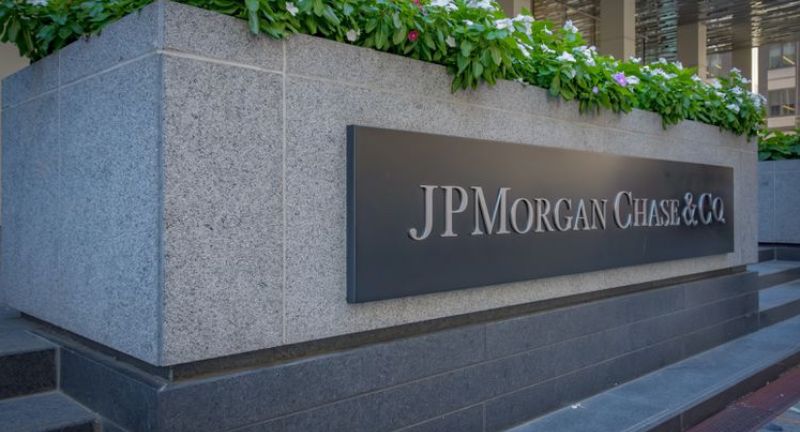
Getty
Some individuals have accusd JPMorgan Chase of adopting ‘woke’ principles after the internal release of their Diversity, Equity, and Inclusion style guide last month. The guide advises replacing traditional business terms like ‘manpower’ and ‘blacklist’ with more inclusive alternatives and lists other phrases and words that are discouraged to avoid non-inclusive language. The guide, available on the company’s intranet, opens with the statement, ‘Our language matters,’ highlighting the firm’s dedication to creating an inclusive workplace. Critics claim these changes are excessive and represent an unnecessary submission to political correctness, fueling ongoing debates about corporate responsibility and cultural sensitivity.
Patagonia

Shutterstock
Patagonia has been labeled ‘woke’ by some due to its longstanding commitment to environmental activism and support for various progressive social issues, which have been integral to the brand’s identity for decades. The company has been particularly vocal about climate change, dedicating significant resources to environmental campaigns and even donating its Black Friday sales profits to environmental organizations. Patagonia further solidified its ‘woke’ reputation by taking political stances, such as endorsing political candidates who prioritize the environment and openly opposing policies it views as harmful to the planet. These actions, while consistent with Patagonia’s mission, have led some critics to accuse it of prioritizing liberal political ideologies over its core business as an outdoor apparel company.
Adidas
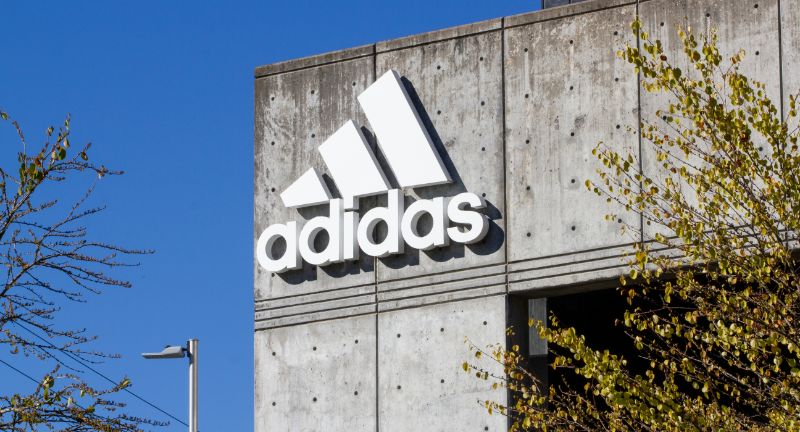
Shutterstock
Adidas encountered criticisms in 2023 from certain groups for allegedly embracing ‘woke’ policies due to their participation in various diversity and inclusion initiatives.Critics pointed to Adidas’ vocal support for progressive social causes, including LGBTQ+ rights, and the introduction of product lines catering to diverse gender identities. The company’s commitment to increasing workforce and leadership diversity further fueled the perception of a ‘woke’ agenda. These initiatives have sparked debates among consumers and stakeholders, with some praising the company’s inclusivity efforts, while others argue that the brand is prioritizing social politics over essential business practices.
Amazon
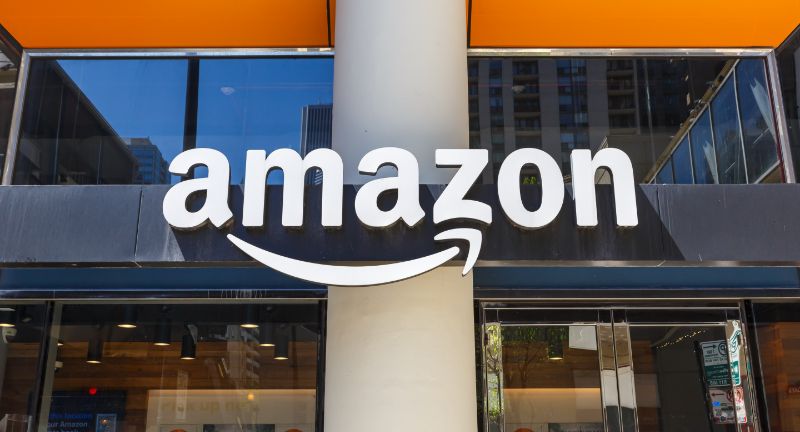
Shutterstock
Amazon has been accused of adopting ‘woke’ practices due to its efforts to enhance diversity and inclusion within its corporate environment and entertainment offerings. This is evident in Amazon Prime Video’s programming, which often features diverse casts and themes that address social issues. The debate escalated when Amazon decided to cancel the popular show ‘The Pack’ following concerns from animal rights activists about animal treatment during production. Critics claim that such actions highlight Amazon’s commitment to progressive values, prioritizing social justice over wider audience engagement and traditional business concerns.
Starbucks

Shutterstock
Starbucks has consistently been a leader in corporate social responsibility, engaging in initiatives that support LGBTQ+ rights and sustainability. This proactive stance has led some to label the company as ‘woke.’ A notable example is their ‘It Starts With Your Name’ ad campaign in the UK, which showcased the experience of a transgender person being acknowledged by their chosen name when ordering coffee. This campaign is part of Starbucks’ broader strategy to champion LGBTQ+ rights and inclusivity, a core aspect of their brand for many years. Critics argue that Starbucks focuses on social activism at the expense of traditional business goals, accusing the company of adopting ‘woke’ culture to attract a progressive audience.
Target

Shutterstock
Target has faced accusations of ‘going woke’ due to several business decisions aimed at promoting inclusivity and social justice. These initiatives include the introduction of gender-neutral product lines and marketing materials, as well as active support for LGBTQ+ rights through specific products and campaigns. Furthermore, Target’s commitment to diversity in hiring and training has reinforced perceptions of the company embracing ‘woke’ practices. A particularly bold move was Target’s policy allowing transgender individuals to use the bathroom corresponding to their gender identity. This decision sparked mixed reactions: some praised it as a progressive stance on human rights, while others, concerned about customer safety, responded with boycotts.
Oreo
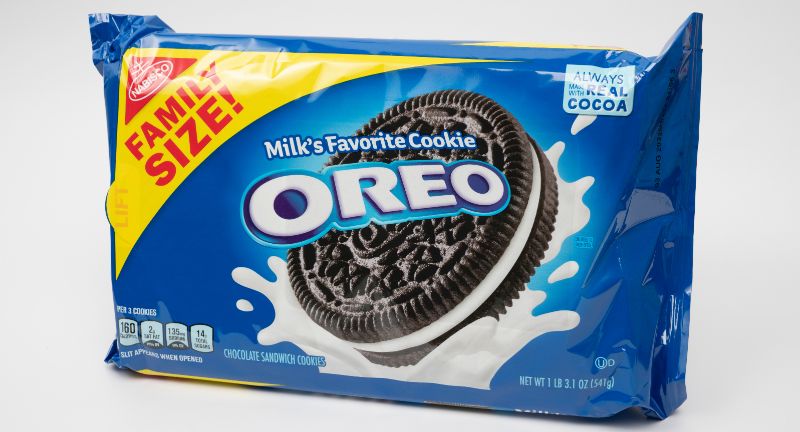
Shutterstock
Oreo encountered criticism in 2022 for allegedly pushing a ‘woke’ agenda through their campaign that introduced special edition cookies in support of LGBTQ+ rights. This campaign was a segment of a larger initiative spearheaded by the parent company, Mondelez International, and it included packaging that featured rainbow designs and messages advocating for inclusivity and love. Detractors contended that the brand was merging social issues with marketing, asserting that it was an unnecessary blend of politics and snack food. This prompted calls for boycotts from some consumers who believed the brand should concentrate solely on producing cookies rather than participating in social activism.
Levi’s
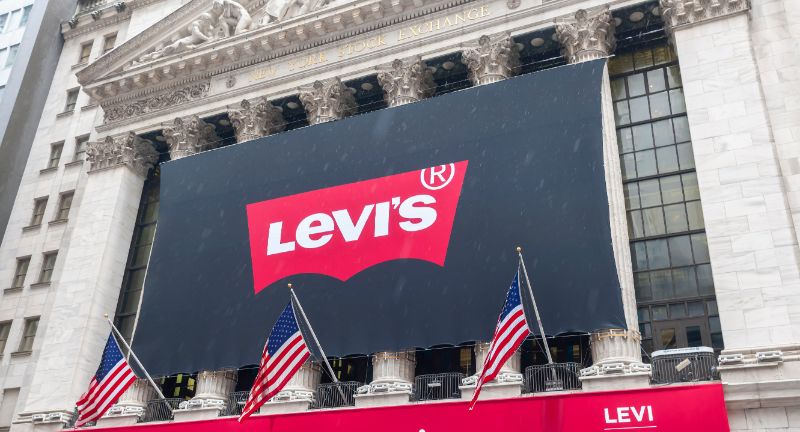
Shutterstock
Levi’s encountered backlash in 2021 for allegedly adopting a ‘woke’ stance when it introduced an advertising campaign that promoted unisex styles, aimed at challenging conventional gender norms in fashion. The campaign showcased a diverse group of models and highlighted themes of inclusivity and gender fluidity, representing Levi’s broader commitment to social justice issues. In addition to its advocacy for gun control and voter registration initiatives, this fashion design approach was viewed as another move to align the brand with progressive values. Critics contended that by emphasizing these themes, Levi’s was prioritizing social activism over the core business of selling jeans, potentially alienating some traditional customer segments.
Disney
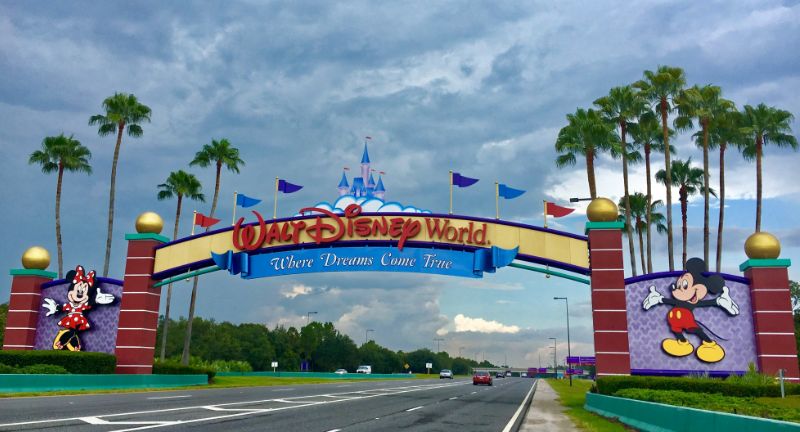
Shutterstock
Disney has faced criticism for embracing what some call ‘woke’ culture due to its decisions aimed at promoting diversity and inclusion across its films, television shows, and theme parks. The company has notably introduced more diverse characters and storylines, emphasizing LGBTQ+ visibility and culturally specific narratives in its major releases. Furthermore, Disney has modified its theme park attractions to eliminate potentially culturally insensitive content, updating rides that previously featured colonial or racially stereotyped themes. These efforts, designed to foster inclusivity and better represent a varied audience, have led some critics to argue that Disney is focusing on political correctness at the expense of traditional storytelling and entertainment values.
Microsoft
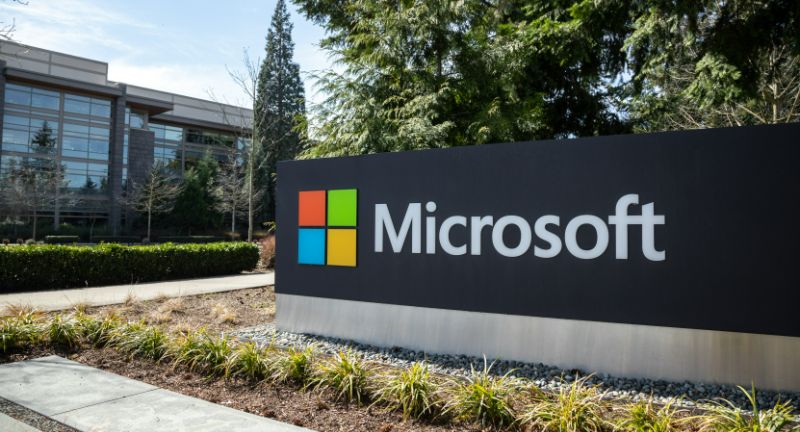
Shutterstock
Microsoft has faced criticism for its proactive stance on diversity, equity, and inclusion within both its corporate policies and public initiatives. The company has made significant efforts to create an inclusive workplace and has shown support for various progressive social justice causes through internal policies and external funding. Notably, Microsoft has been a strong advocate for LGBTQ+ rights and has introduced training programs to address unconscious bias among its staff. Critics argue that these actions indicate a shift towards progressive political ideologies, suggesting that Microsoft may be prioritizing social activism over its core mission as a technology provider.
Chick-fil-A
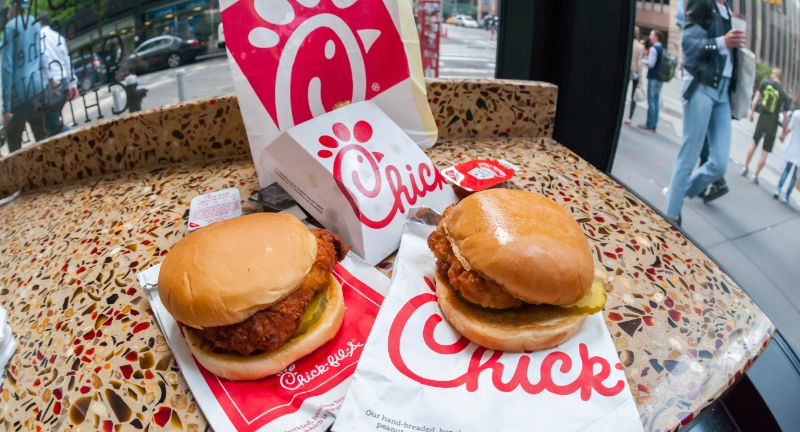
Shutterstock
Chick-fil-A has come under scrutiny and encountered boycotts from certain customers due to changes in its charitable donation strategies and public positions that seem to align with more progressive social policies. The company, historically known for its conservative values and previous donations to organizations opposing LGBTQ+ rights, announced in 2019 that it would cease contributions to such groups. Instead, Chick-fil-A decided to focus on broader issues such as hunger, homelessness, and education. This shift was perceived by some as an effort to appeal to more progressive consumers and critics. However, it also triggered backlash from some long-time supporters who felt that the company was moving away from its core principles to adopt a more politically correct stance.
Pepsi

Shutterstock
Pepsi faced criticism following the release of their 2017 ad campaign featuring Kendall Jenner. In the commercial, Jenner hands a Pepsi to a police officer during a stylized protest, which was intended to create a moment of unity. However, many viewers felt this oversimplified and commercialized complex social issues. This portrayal was seen as Pepsi’s attempt to tap into the growing public awareness of social justice movements, aligning itself with a progressive image. The backlash was swift, with critics arguing that Pepsi’s approach was tone-deaf, using serious societal conflicts as a backdrop for marketing.
Ben & Jerry’s

Shutterstock
Ben & Jerry’s has encountered criticism for its perceived ‘wokeness’ because of its vocal support for various social justice issues and its regular incorporation of activism into its brand identity. The company has introduced several ice cream flavors specifically associated with causes like racial justice, environmental sustainability, and refugee rights, coordinating product launches with advocacy efforts. Ben & Jerry’s has consistently taken public stances on contentious topics, including endorsing the Black Lives Matter movement and opposing certain government policies. This fusion of business and activism has elicited both admiration and disapproval, with critics alleging that the company is using social issues as a marketing strategy to attract a progressive audience.
Nike
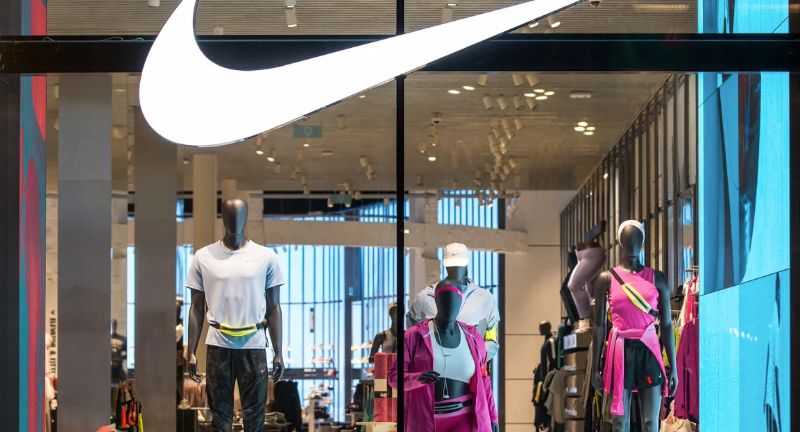
Getty
Nike has faced accusations of adopting ‘woke’ practices, mainly due to its prominent marketing campaigns that align with social justice themes. One notable example is their endorsement of Colin Kaepernick, who gained attention for kneeling during the national anthem to protest racial injustice. This campaign included the slogan ‘Believe in something, even if it means sacrificing everything,’ which many saw as a direct endorsement of political activism in sports. Moreover, Nike’s initiatives to address racial inequality and their efforts in promoting diversity and inclusion within their corporate practices have further contributed to this perception. Critics argue that Nike’s actions represent a business strategy focused on social justice trends, resulting in both support and backlash from different consumer groups.
Airbnb
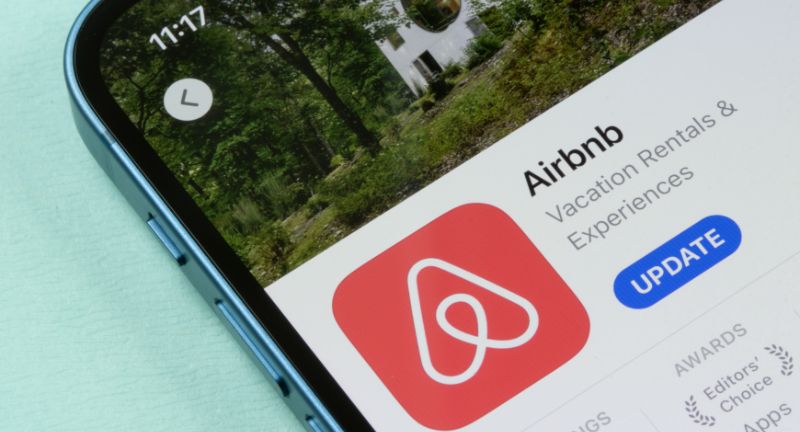
Shutterstock
Airbnb has faced criticism for its perceived ‘woke’ stance due to its strong commitment to social justice issues and anti-discrimination efforts. In 2016, the company introduced the ‘Community Commitment,’ requiring users to pledge respectful and unbiased treatment of all members regardless of race, religion, national origin, ethnicity, disability, sex, gender identity, sexual orientation, or age. This was part of a broader Anti-Discrimination Policy aimed at reducing bias among hosts and guests. Critics argue these measures are overly politically correct, suggesting Airbnb is prioritizing social activism over its core business of providing accommodations, thus aligning with progressive values at the potential cost of neutrality.
Mastercard

Shutterstock
Mastercard introduced the ‘True Name’ initiative, allowing transgender and non-binary individuals to use their chosen names on their cards. This policy was designed to address the significant issue of misnaming that can affect mental health and daily interactions. Some critics have labeled the move as pandering, yet Mastercard defends it as an essential step towards financial inclusivity. The True Name initiative highlights Mastercard’s commitment to harnessing its global reach to foster inclusivity.
Lego
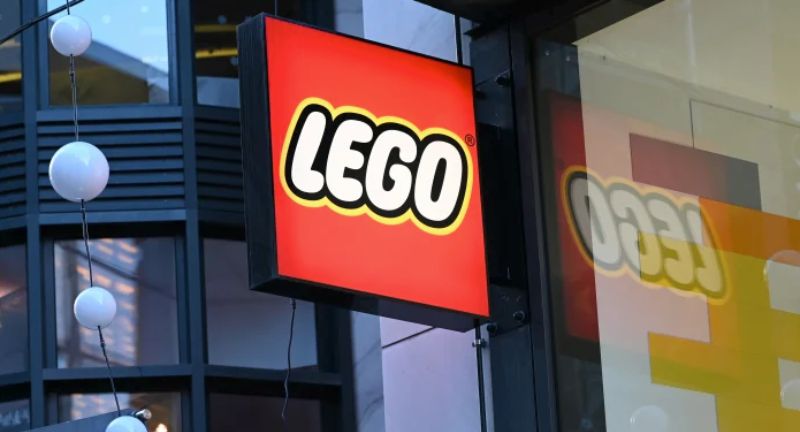
Getty
In 2023, Lego unveiled new characters designed to showcase traits not often represented in mass-produced toys, with a focus on fostering diversity and inclusivity. These characters feature a variety of disabilities and represent a wide range of cultural backgrounds, aligning with the company’s dedication to producing toys that reflect a diverse society. While many praised this move, it also sparked controversy, with some critics contending that toys should not serve as a medium for social agendas.
Bud Light

Shutterstock
Anheuser-Busch encountered significant backlash due to a Bud Light campaign featuring transgender influencer Dylan Mulvaney. Critics accused the company of virtue signaling, leading to boycotts and a broader debate about the role of brands in social advocacy. In response, Anheuser-Busch reiterated its commitment to diversity and inclusive marketing. This situation highlights the polarized reactions companies can provoke when they publicly address contentious issues.
Conclusion
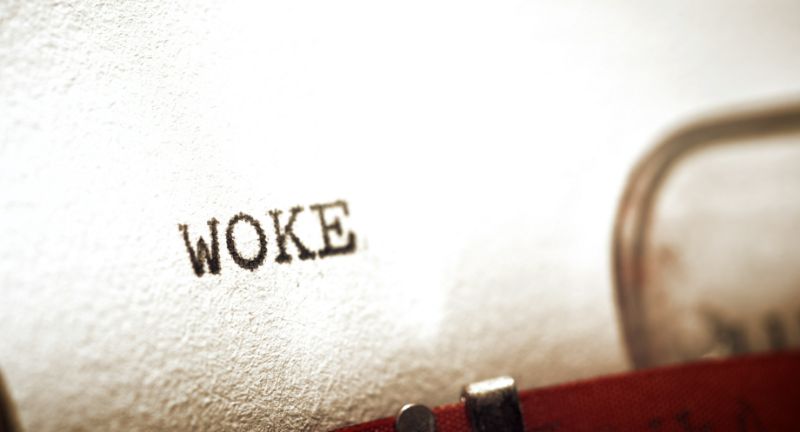
Shutterstock
The ongoing adoption of socially conscious policies by companies is increasingly dividing consumers. Some consider these initiatives essential for advancing social progress, while others perceive them as excessive moves that place political agendas above product excellence. As brands steer through these challenging dynamics, they must find a way to align their corporate principles with consumer demands to preserve their market standing. The debate over corporate social responsibility is expected to persist as societal values and business priorities continue to shift.
ADVERTISEMENT - CONTINUE BELOW
About Money+Investing
Money + Investing provides our community with the latest personal and business finance news from around the world. We publish money saving and earning tips to help you make smartier investing decisions. We're inspired by exploring and providing new ways for our audience to achieve financial freedom. We can't wait to share all of our exciting deals, guides and reviews to help you live your financial life to the fullest.
More Money + Investing
-
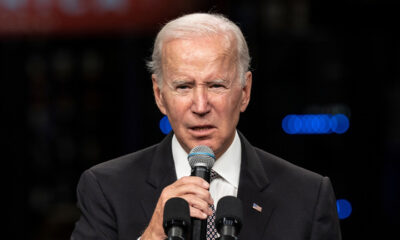

Biden Aims for Historic High with 44.6% Capital Gains Tax…
-


20 Motivations Behind Baby Boomers’ Shift to Minimalism
-


15 Powerful Arguments to Ban Electric Cars Permanently
-


24 Items That Are Too Pricey for Shoppers Now
-


4 Harmful Penny Pinching Habits That Are Sabotaging Retired Boomers
-


25 Scams Aimed Squarely at Seniors
-


18 Ultra-Rare U.S. Stamps Worth a Fortune
-


Drinks You Should Always Avoid for a Healthier You
-


20 Great Low Population Places In America To Retire In
-


20 Sneaky Habits That Could Sabotage Your Retirement
-


15 Spending Habits That Shout ‘I’m Flat Broke!’
-


25 Reasons Employers Hesitate to Hire Gen Z Workers
